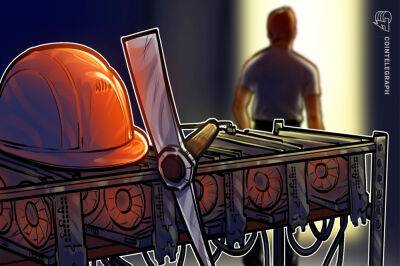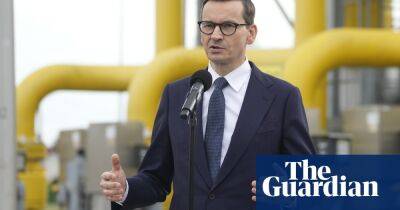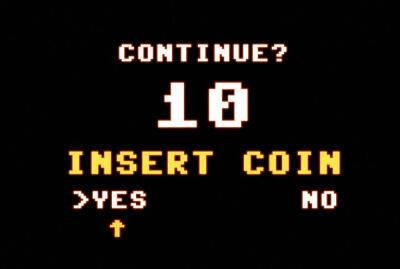Working 9-5 doesn’t mean being chained to a desk. Someone tell Jacob Rees-Mogg
The joke must have seemed merry at the time. The “minister for Brexit opportunities” leaves a calling card on his absent officials’ desks saying: “Sorry you were out when I visited. I look forward to seeing you in the office very soon.” He also suggests in a Mail on Sunday article that they might like to stick to what he called “the shires” and forgo their London weighting allowance.
The mind reels at the replies Jacob Rees-Mogg may receive. They could include: “Have been up all night trying to think of opportunities for the 98 British scientists told to relocate to the EU if they want any research money.” Or perhaps: “Have been at home trying to think of opportunities for British farmers we have refused to protect from EU imports for a fourth time.” Or perhaps even: “I just can’t face another opportunities meeting in Whitehall.”
Rees-Mogg’s Brexit has been largely responsible for 91,000 extra officials being appointed since 2015-16, of whom about 25,000 are attributable to Brexit. Lockdown and Brexit may have sent civil service productivity plummeting, but that is the fault of ministers, not officials. For two years, Rees-Mogg and his boss have been ordering workers to stay at home, causing many upheavals in their working lives as they have juggled work with other responsibilities, such as home schooling. Not all officials are like butlers, at the disposal of Rees-Mogg’s click of the fingers.
It is clear that the idea of office work as the “white-collar” equivalent of clock-watching factory work is dead. The pandemic and the digital revolution have shattered the relationship between labour and location. After a post-lockdown surge, data is now showing the “return to work” has plateaued. Tube travel into central London
Read more on theguardian.com





















